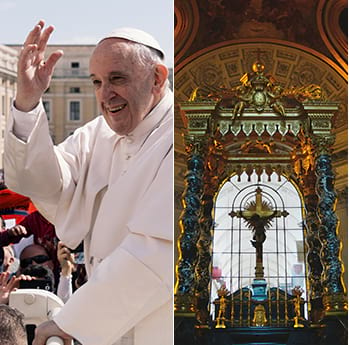Introduction
Published in 1968, the book Men in Dark Times[1] still has something to say in our time. Hannah Arendt wrote it long ago, it is true, and the work consists of a collection of essays devoted to people who lived most of their lives during the first half of the last century, with the exception of Gotthold Lessing.[2]
Yet a light shines in the lives of these people who have gone before us, given the fact that some of them never lost their integrity in the difficult settings in which they lived. For us today, this is not only a reminder of the ideological dangers that still threaten us, but also a leaven of hope in a humanity that, though often hidden, encourages us for the future.
Indeed, the world in which Arendt lived with the characters whose lives are for her a leitmotif for her reflection, allowed itself to be poisoned by the totalitarian ideologies that marked the last century. In the context that brought us two great wars and an increasing ideological polarization that continued, to some extent, in the postwar period, some people did not allow themselves to be reduced to being merely children of their time. These are the people Arendt calls “men in dark times.”
One of these figures is Angelo Giuseppe Roncalli (1881-1963), the simple priest whose destiny mysteriously led him to the Chair of Peter. Arendt’s essay bears as its title the affirmation of the Christian authenticity of the character: “Angelo Giuseppe Roncalli: a Christian on the throne of Saint Peter from 1958 to 1963.”[3] Assuming, without allowing himself to be corrupted, the role and also the power of the Petrine See, which is proper to the weight of institutions, Roncalli always preserved his faith and his authentically Christian lifestyle. In this regard, Arendt begins by recalling what she heard from the simple people of Rome who had met him: “This pope was truly a Christian. How is that possible?”[4]
When we read Arendt’s reflection on Roncalli, even though he is a protagonist of the 1960s, the stories, his words, as well as his gestures, easily cause us to think of the current pontificate of Francis. This is evidenced by the fact that not even the violent calls for his resignation by ultra-conservative groups have succeeded in destroying the image of this new “good pope.” In this sense, starting from Arendt’s text, we will now try to establish parallels between John XXIII and Francis, both in terms of their persons and their pontificates.This article is reserved for paid subscribers. Please subscribe to continue reading this article
Subscribe
Welcome to
La Civiltà Cattolica !
This article is reserved for paid subscribers
Please login or subscribe to continue reading this article
























